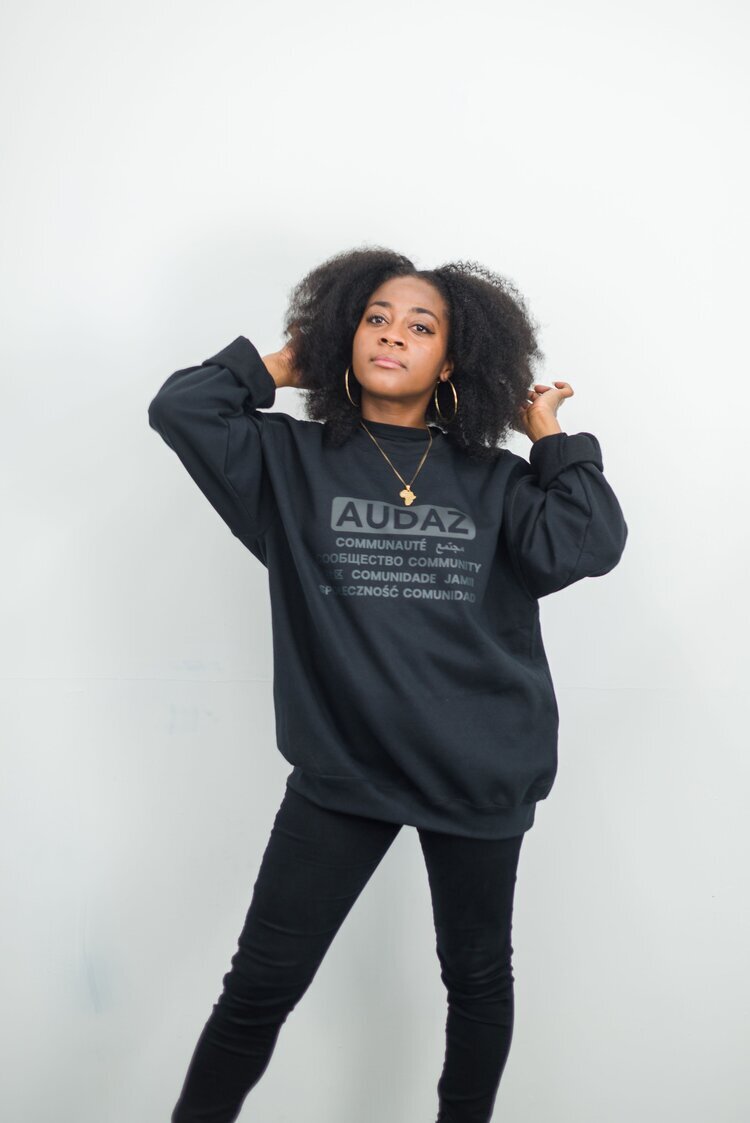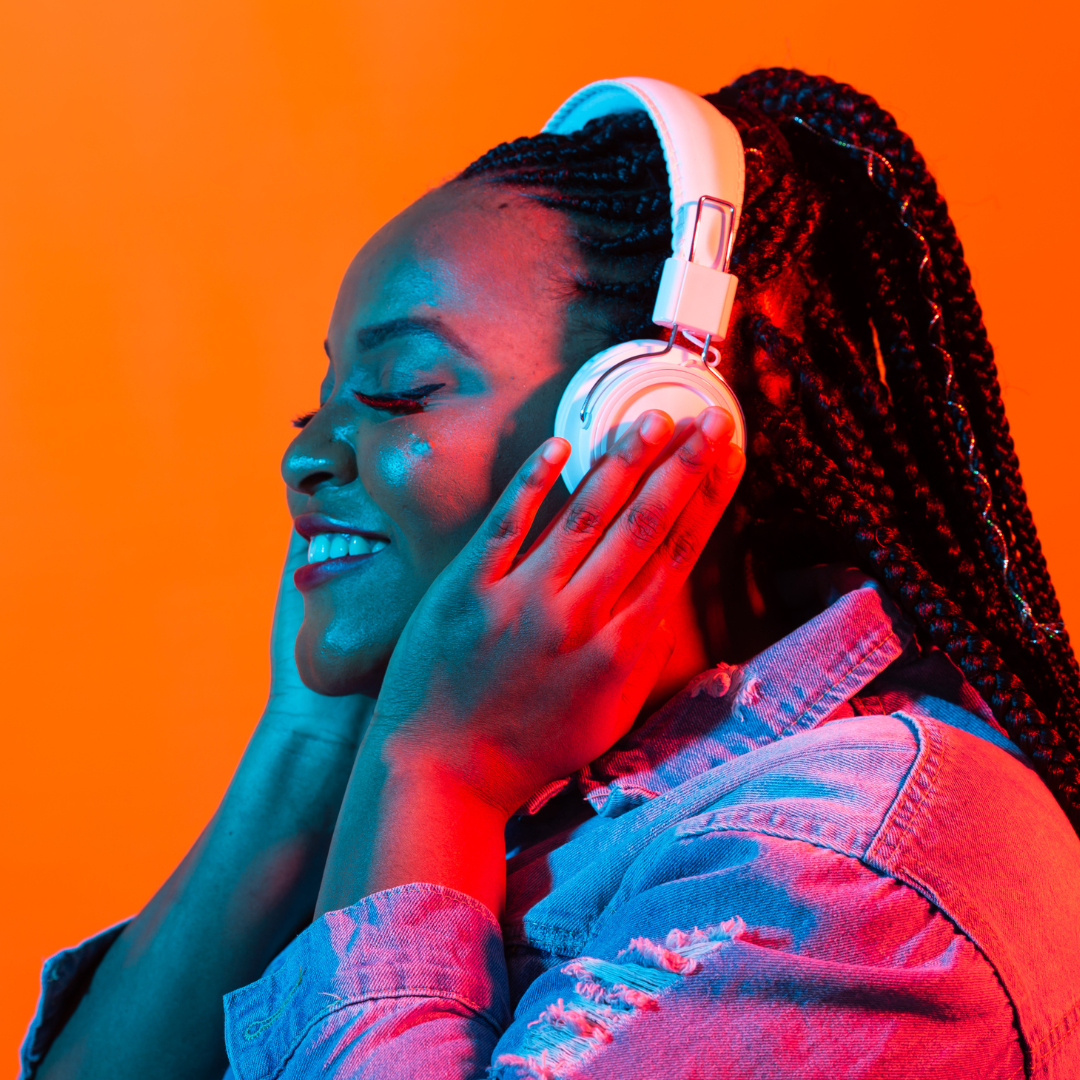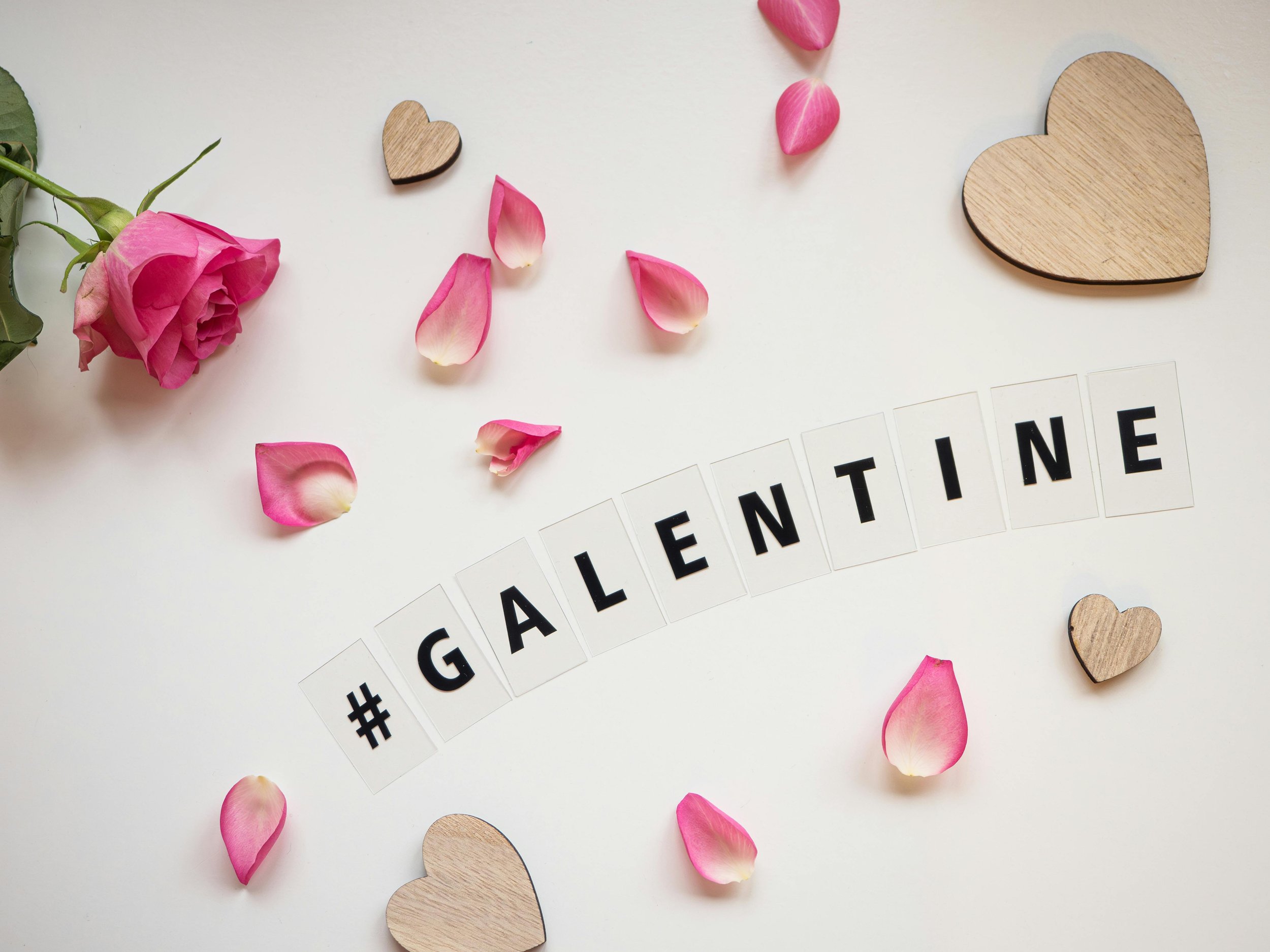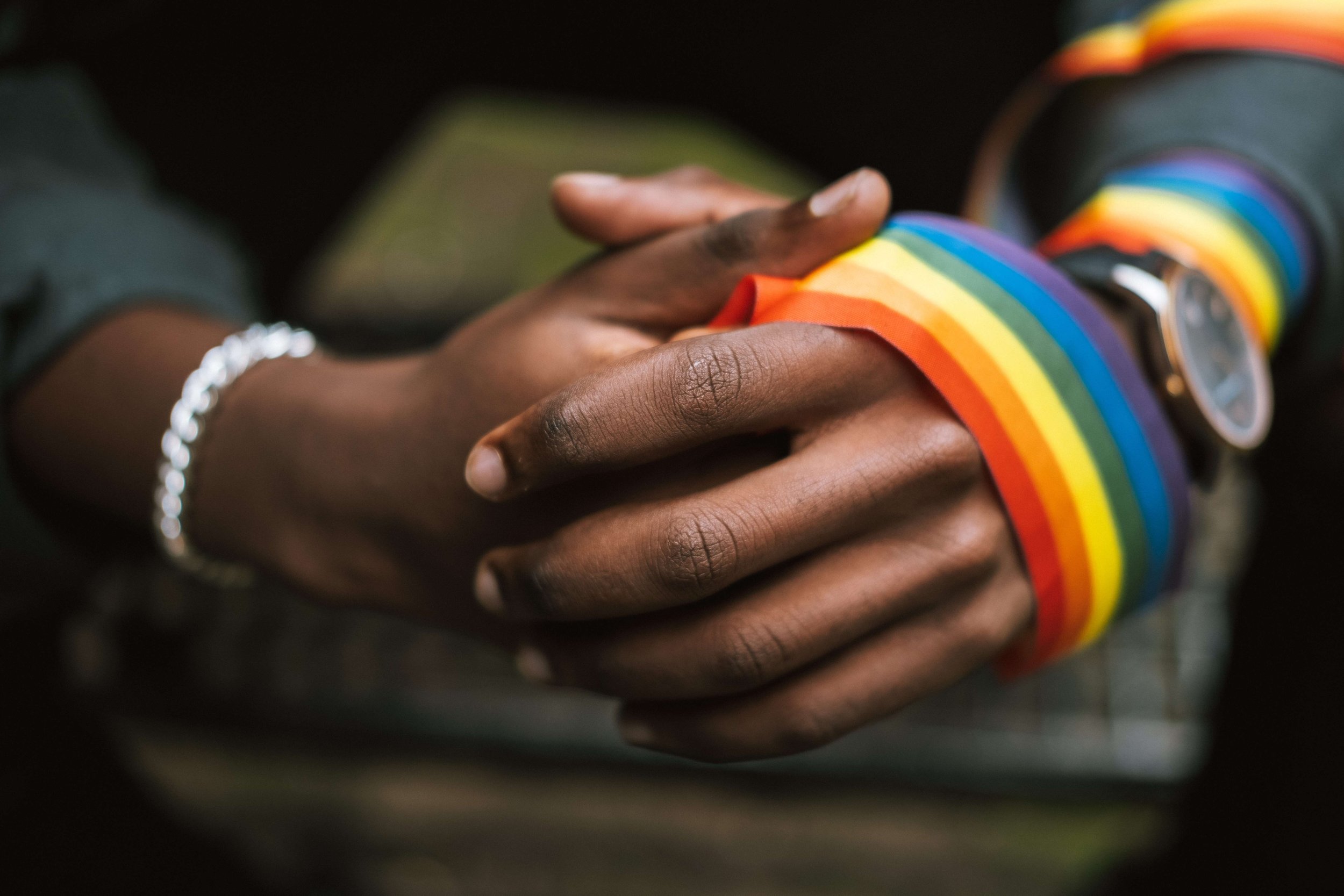Meet the queens of the Maasai Mara
Image: Muna Moto
Driving through the lush savannah of southwestern Kenya, across the vast expanses of the Maasai Mara national park, graciously manning their distinctively unique electric 4-wheel drive car as they educate their passengers on the subtleties of life within a nearby pride of Lions or on the legendary protective attitude of female elephants, two young women in their early twenties stand out for more reasons than one.
Emily Silantoi, 22, and Naserian Kimongo’o, 21, are a one-of-a-kind pair: they are tour guides and women, a profile not often seen, if at all, in these male-dominated spaces.
“For us this is the life of our dreams,” Naserian (who goes by Nas) marvels with a smile as her gaze embraces the vast green and blue horizon. She watches as a group of hyenas wanders not far from another group of buffalos, warily watching the tentative approach of two young lions visibly in the hunt for their next feast.
Image: Muna Moto
“To a large extent, the daily lives and interactions of animals are quite simple, far less complicated than those of us humans,” Emily, the (slightly) older of the two guides explains. “Once you learn their attitudes and habits you can easily live with them and around them, without fear,” she adds as Nas concurs while driving the silent car just a few meters from a massive lioness posted on a slope, with her eyes set on a group of unsuspecting antelopes not far below.
“She is making plans for later, when she would decide to hunt,” Nas explains.
Lionesses, it turns out, are the real hunters, and strategic ones at that. They conduct their business as the male partners sleep and chill out; sort of. “The truth is, the male needs all the energy they can get to defend the pride,” both guides point out. Life in the wild of the Maasai Mara is clearly about the survival of the fittest.
As they drive across the rivers and near the ravines of the Mara (which is how the park is referred to locally) — generating much attention from tourists and others — Nas and Emily recall how they became tour guides, less than a year ago, in one of the world’s most famous national park. At times, both stories have the hallmark of stories of improbable victories against traditions, beliefs, and odds.
At a young age, growing up in the Mara — not unlike many Maasai communities — both women dreamed of living as closely as possible to the wild animals in their surroundings.
“From when we are kids, we learn to live around lions and elephants. They are around us,” they calmly recall. Yet, as so often in societies around the world, the long-held belief that potentially dangerous careers such as that of tour guides must be reserved for men meant that no woman, as far as Emily and Nas remember, has ever been a tour guide in the Mara.
“When I told my father that I wanted to become a tour guide, he said no and refused to pay the tuition,” Nas remembers. But that was not enough to stop her. With the help of friends, she enrolled in the local specialized school and did well in class. At the graduation ceremony, to her surprise, her father showed up, apologized for his initial refusal, his eyes in tears, and expressed deepest regrets. “It was the best of surprises,” she recalls.
For Emily, her father too had balked at the idea that she wanted to embark on a career path so uncommon for a woman. He had hoped for her to be a nurse. It took the helpful pressure of an older sister to convince her father.
Fresh out of guiding school, both young women found jobs with the same employer. Emily through an internship and Nas, initially as a waitress whose knowledge of the wildlife quickly convinced her employer to allow her to step up to the job of her dreams.
Since then, the duo has become an attraction of a kind on the trails of the world renowned Maasai Mara national park of Kenya.
Image: Muna Moto
As the sun sets on the Maasai Mara, at the end of a drive filled with encounters with wandering giraffes and hippo enjoying long baths in the mud, Emily and Nas take in the beautiful sight of a horizon which no painting nor picture could properly render. This beauty, it seems, never ceases to impress them, almost as much as it impresses the visitors to this fabulous land.
Unsurprisingly, the two women — referred by other tour guides as the queens of the Mara — are fully aware of their privilege and good fortune: “We were born here and we are lucky to live and work here. There’s nowhere else we would want to be.”
Audaz may collect a share of sales or other compensation if purchases are made through links in this article.
SHOP THE CHANGEMAKER COLLECTION




































